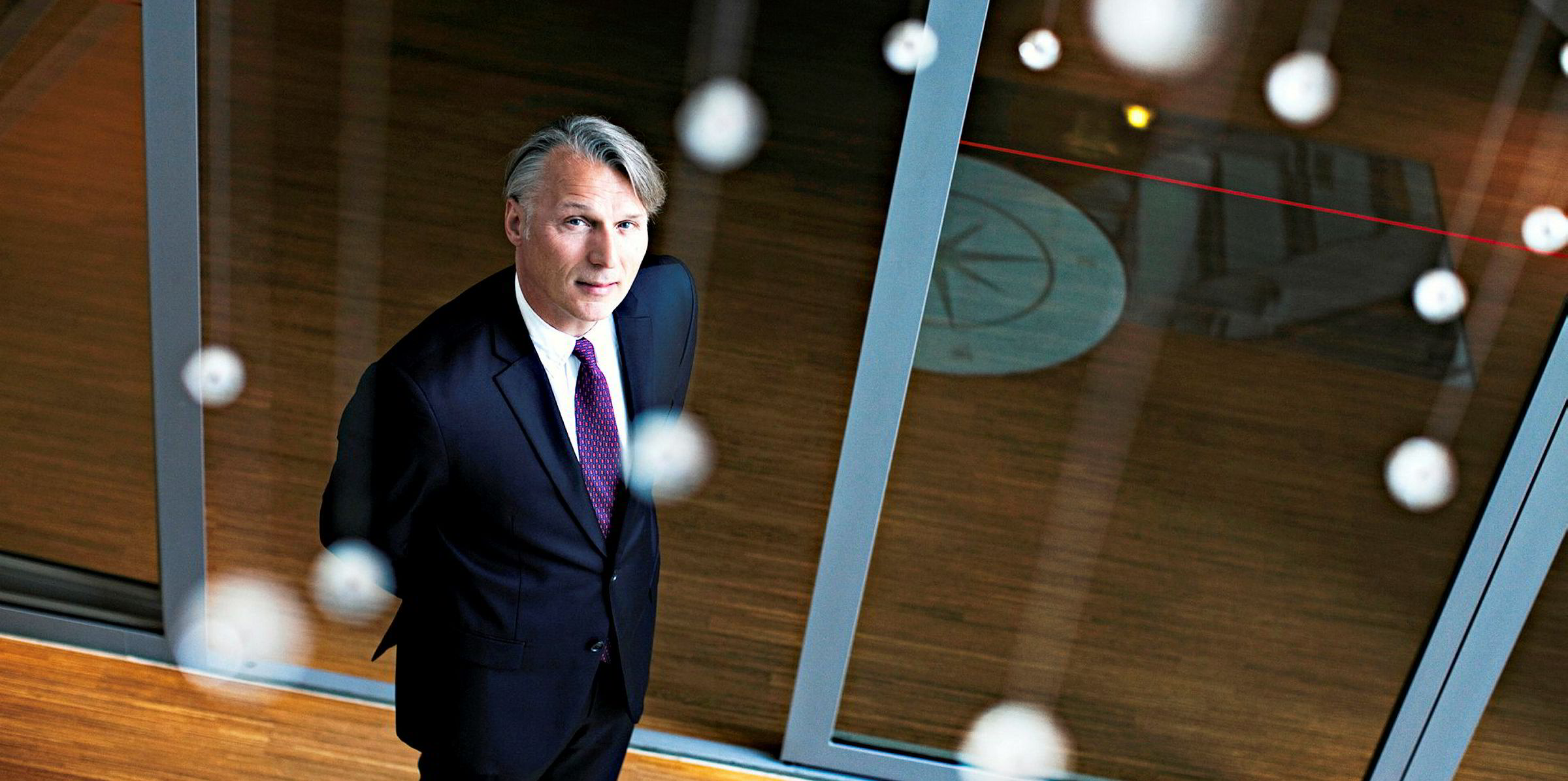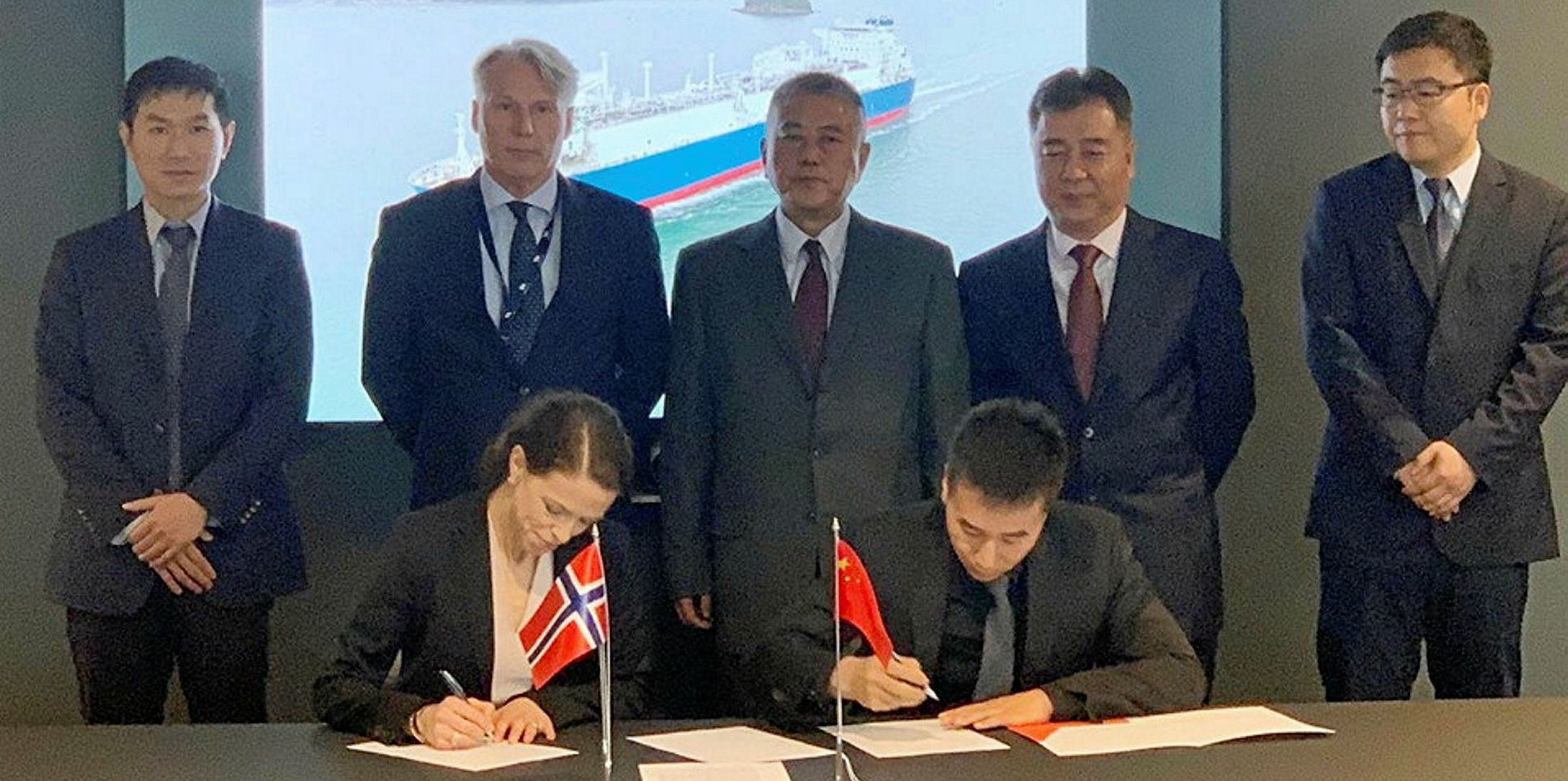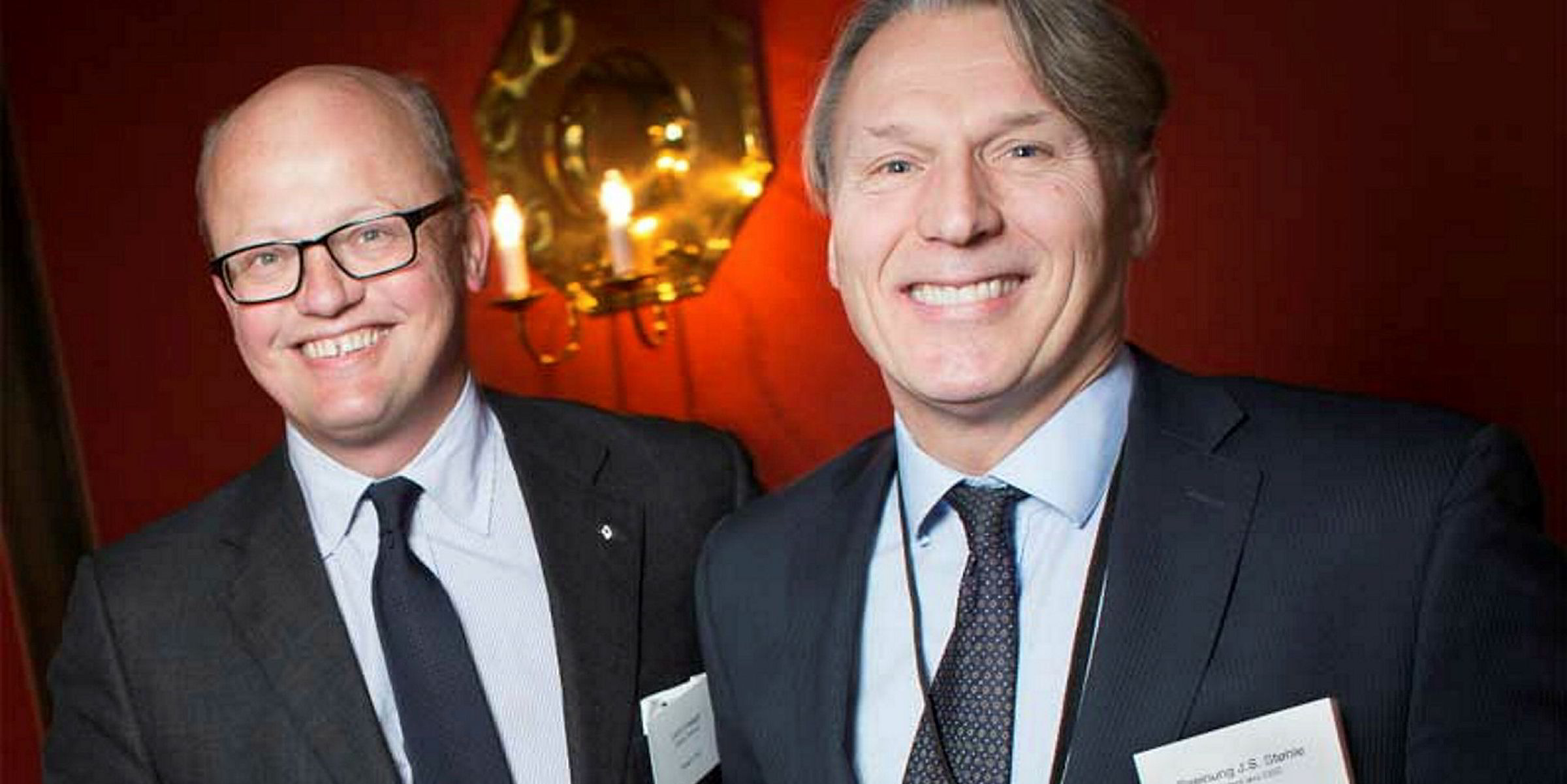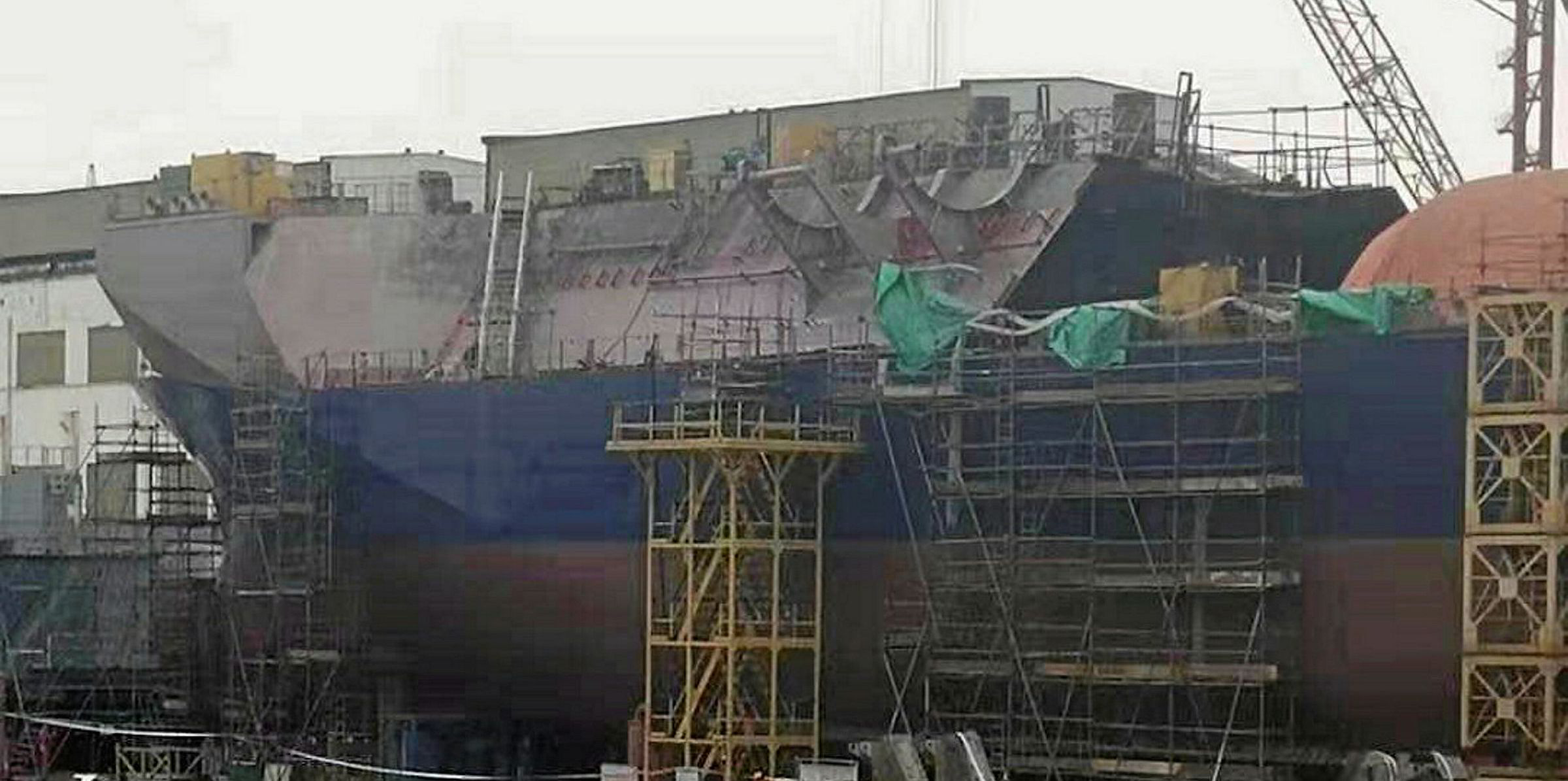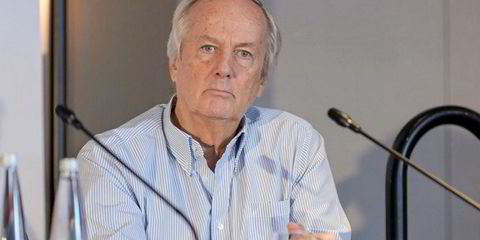Norway’s Hoegh LNG hopes to secure project business for two more of its floating storage and regasification units as it moves to lock away all its FSRU on long-term business.
President and chief executive Sveinung Stohle outlined a project for an unnamed developer in Asia and for which he said Hoegh has exclusivity.
He said the company is in the final tender round with one other competitor for another project, which would take an FSRU on a long-term contract. A decision on this is expected within 2019.
Stohle updated on the two Australian projects for which Hoegh has been selected to provide FSRUs.
He said the FSRU Hoegh Esperanza has been allocated to AGL’s project in Crib Point, Victoria.
The company’s Hoegh Galleon has been selected to serve AIE’s Port Kembla project in New South Wales which is scheduled to take a final investment decision before the end of this year.
“Our objective remains to secure firm long-term contracts on all assets in next 12-18 months,” Stohle said.
The CEO said the Hoegh Galleon will deliver in the next few days and mark the completion of the company’s newbuilding programme of eight FSRUs, which with two existing units gives the company a fleet of 10 regas units.
Stohle said he is “not satisfied” with Hoegh’s quarterly results which saw the company log a net loss of $3.6m for the second quarter. He blamed this on “seasonal variations” in charter rates, with some of its FSRUs trading as LNG carriers at lower levels, and dry-dockings costs.
But he said the company, which opened a representative office in China this year, sees “steady progress” on FSRU projects and market activity “picking up”.
Stohle, who is on the board of Avenir LNG in which Hoegh is a founding partner, declined to comment on a fire on Avenir's newbuilding which was reported this week. But he said Hoegh would be working with the start-up on projects that would use its FSRUs.
He detailed that there are currently 24 FSRU projects in operation, with six more under construction.
He said Hoegh sees 30-plus projects which could achieve a final investment decision in the next five years, highlighting that some of these are backed by large counterparties, including energy majors.
Stohle said the FSRU orderbook remains at 10 units of which four are currently open.
Adding the four open FSRUs to the eight existing units that are either open or trading as LNG carriers gives 12 regas vessels to supply the 30 plus projects that are in the works, he detailed.
Stohle said Hoegh sees a "turnaround in the [FSRU] market given the supply side and "very competitive" pricing that will "take out" the current orderbook over the next few years.
